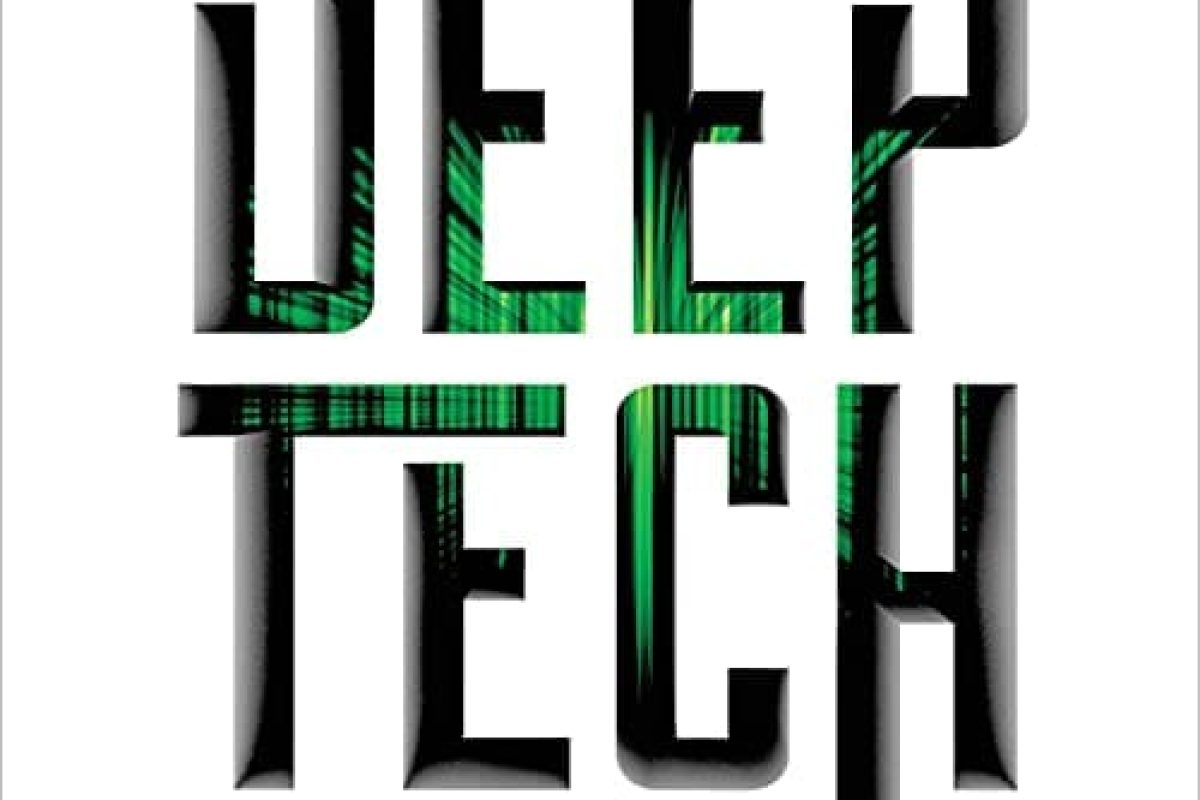In “Deep Tech: Demystifying the Breakthrough Technologies That Will Revolutionize Everything”, Eric Redmond offers an illuminating exploration into the complex and transformative world of deep technologies. As an expert in emerging technologies, Redmond provides a comprehensive guide to understanding and leveraging the groundbreaking advancements that are set to reshape industries and society at large. This book is a must-read for anyone eager to comprehend the future landscape of technology and its implications.
Redmond begins by defining “deep tech” as innovations that push the boundaries of science and engineering, often involving substantial research and development. These technologies include artificial intelligence, quantum computing, biotechnology, nanotechnology, and advanced materials. Unlike incremental improvements, deep tech promises paradigm shifts, enabling solutions to problems that were previously deemed unsolvable.
One of the book’s core strengths is its accessibility. Redmond excels at breaking down highly technical concepts into understandable and engaging narratives. He uses a combination of clear explanations, real-world examples, and analogies to make complex subjects approachable. This is particularly beneficial for readers who may not have a technical background but are keen to understand the potential and impact of deep tech.
The book is structured around a series of chapters, each dedicated to a specific area of deep tech. Redmond begins with artificial intelligence (AI), discussing its current capabilities, limitations, and future potential. He explains how AI is transforming various sectors, from healthcare to finance, by enabling more accurate predictions, automating routine tasks, and uncovering new insights from vast datasets. Redmond also addresses ethical considerations, such as bias in AI algorithms and the need for responsible AI development.
Quantum computing is another focal point of the book. Redmond demystifies this esoteric field by explaining the principles of quantum mechanics that underpin quantum computers. He discusses how quantum computing could revolutionize fields like cryptography, materials science, and complex system simulations by performing calculations that are impossible for classical computers. The potential for quantum computers to solve intractable problems presents both exciting opportunities and significant challenges.
In the biotechnology section, Redmond explores how advancements in gene editing, synthetic biology, and personalized medicine are poised to revolutionize healthcare and agriculture. He highlights the promise of CRISPR technology in curing genetic diseases and enhancing crop resilience. The ethical implications of manipulating the genetic code are also thoughtfully examined, urging readers to consider the broader societal impacts of such powerful tools.
Nanotechnology and advanced materials are covered with equal depth and clarity. Redmond explains how manipulating matter at the nanoscale can lead to the creation of new materials with unprecedented properties, such as super strength, lightweight, and enhanced conductivity. These materials have applications across various industries, including electronics, energy, and medicine. Redmond’s discussion on nanotechnology’s potential to revolutionize drug delivery and medical diagnostics is particularly compelling.
Throughout the book, Redmond emphasizes the interdisciplinary nature of deep tech. He argues that breakthroughs often occur at the intersections of different fields, requiring collaboration between scientists, engineers, and industry experts. This interdisciplinary approach is crucial for driving innovation and solving complex problems that cannot be addressed by a single discipline.
“Deep Tech” also explores the entrepreneurial landscape of deep technologies. Redmond provides insights into how startups and established companies can navigate the challenges of developing and commercializing deep tech innovations. He discusses the importance of securing funding, building cross-functional teams, and creating ecosystems that support innovation. This practical advice is invaluable for aspiring entrepreneurs and business leaders looking to capitalize on deep tech.
Overall, “Deep Tech: Demystifying the Breakthrough Technologies That Will Revolutionize Everything” by Eric Redmond is an essential read for anyone interested in the future of technology. Redmond’s ability to explain complex concepts in an engaging and accessible manner makes this book a valuable resource for both technical and non-technical audiences. By providing a comprehensive overview of the most promising deep technologies, Redmond not only educates but also inspires readers to think critically about the transformative potential and ethical considerations of these innovations. This book is a powerful call to action for embracing the technological revolution that lies ahead.




